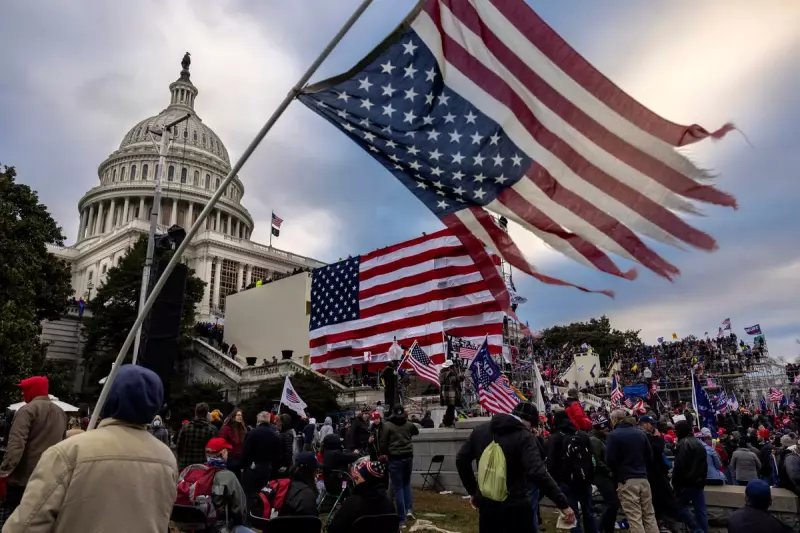
Charlie Kirk, a prominent American conservative commentator and staunch ally of Donald Trump, has ignited a firestorm of criticism after posting a highly provocative video to social media. The clip, which features dramatic, cinematic visuals, has been widely interpreted as a glamorisation of a potential second American civil war.
The founder of the right-wing group Turning Point USA (TPUSA) posted the video to his account on X, formerly Twitter. It depicts a dystopian, war-torn America, complete with masked militiamen, burning flags, and armed confrontations. The footage is set to a suspenseful, dramatic score, creating a tone that critics have slammed as dangerously inflammatory.
A Wave of Backlash and Accusations
The video was met with immediate and fierce condemnation from a wide range of viewers, including political experts, journalists, and private citizens. Many accused Kirk of recklessly stoking political violence for clicks and engagement.
Critics were quick to point out the alarming nature of the content, suggesting it normalises and even romanticises armed conflict. The video arrives amidst an already highly charged political atmosphere in the United States, leading to accusations that Kirk is pouring fuel on the fire of division.
Kirk's Defence: A 'Warning' Against Conflict
In response to the backlash, Kirk defended the video, claiming it was being misinterpreted. He insisted the production was not a call to arms but rather a stark "warning" against the dangers of internal strife and a Democratic victory in the upcoming election.
Despite this explanation, the ambiguous and Hollywood-style presentation of the video led many to question this motive, arguing that its sensationalist style undermines any intended message of caution.
Expert Analysis and Historical Context
Political analysts have expressed deep concern over the use of such rhetoric. They note that language and imagery evoking civil war has become increasingly prevalent in certain segments of US political discourse, particularly since the January 6th Capitol riots.
This incident places a renewed spotlight on the powerful role of social media in shaping political narratives and the ongoing debate about the responsibility of high-profile figures in mitigating, rather than amplifying, threats of violence.





